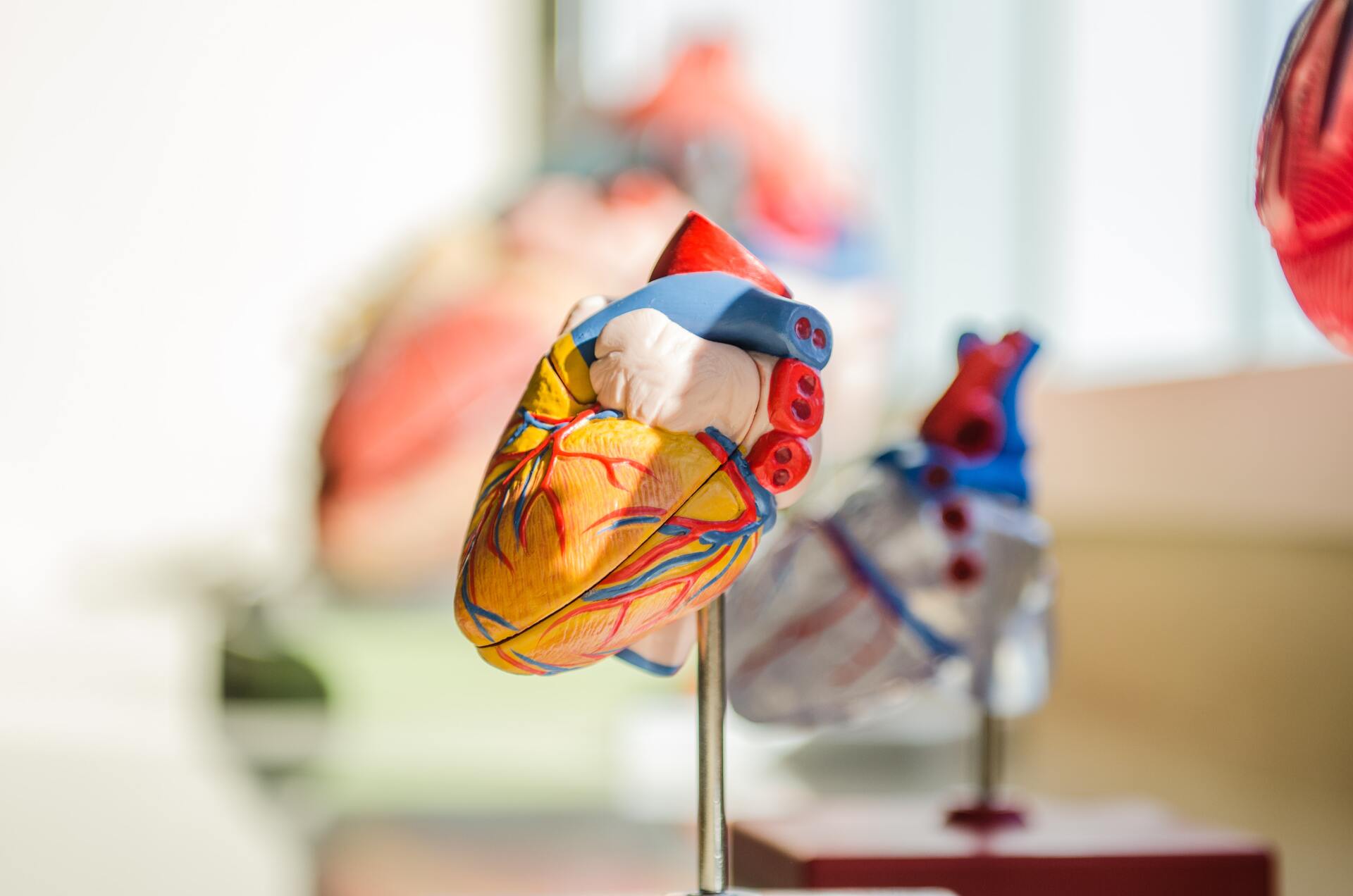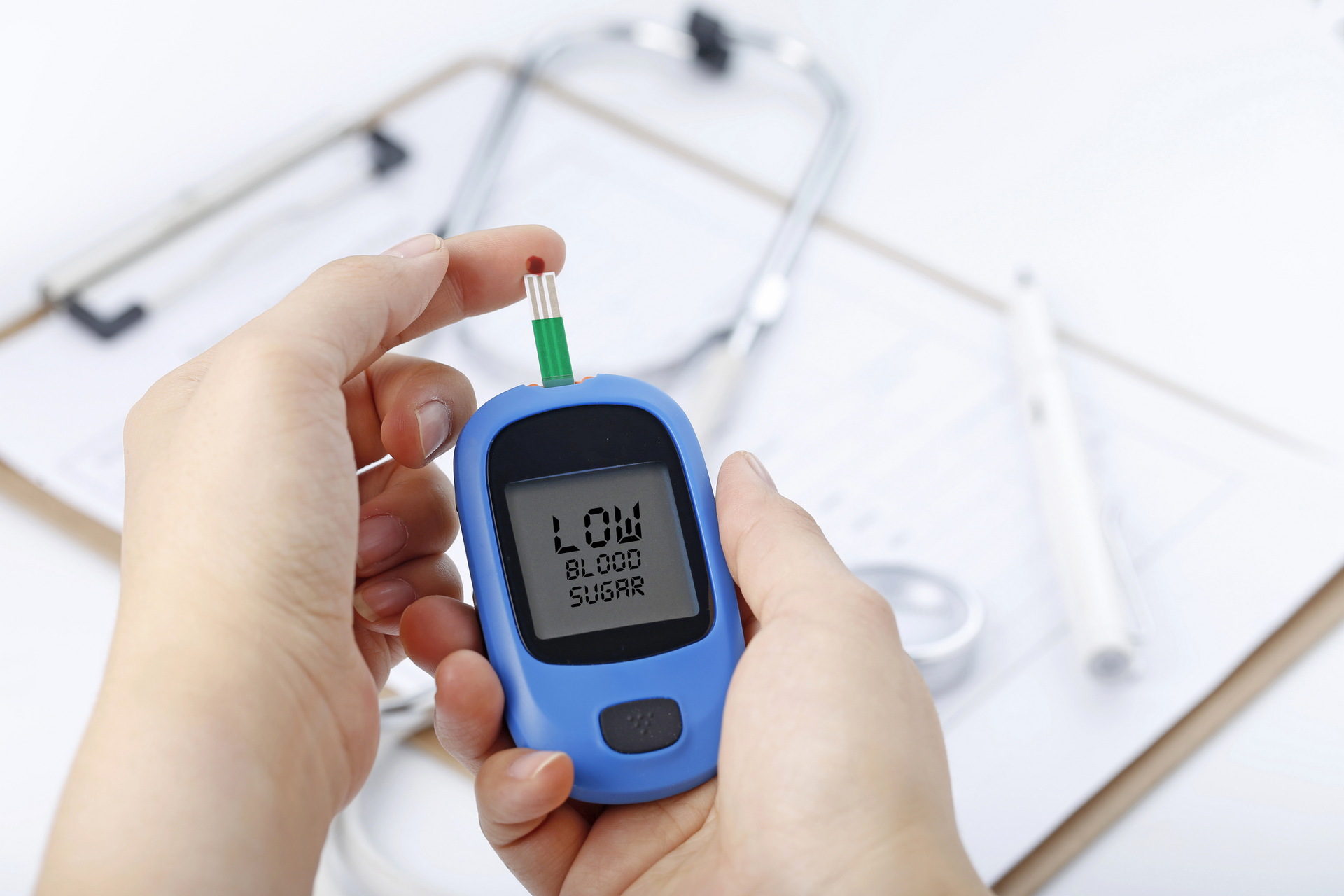Coronary Angioplasty


Coronary Angiography is a procedure that is performed using X-ray imaging to see the heart’s blood vessels of a patient. The test is performed to see if there’s a restriction in blood flow going to the heart. This helps cardiologists identify if the coronary arteries are narrowed or blocked so that appropriate treatment can be performed accordingly.
What happens during the Coronary Angiography?
The process of Coronary Angiography is very simple and painless. It involves a small tube, called a catheter, which is inserted into a blood vessel through the groin or wrist. The catheter is guided to reach a specific place and then a dye (contrast material) is injected and X-ray images are taken. Since this fluid is detected by X-ray machines, it allows the doctors to view the flow and locate the blockages. While we use the most advanced technology to perform coronary angiography, the doctor can also perform an additional procedure to open the narrowed artery.
The test is performed under local anesthetic, so you’ll be awake while the procedure is carried out.
Why do I need Coronary Angiography?
This is not a common test and hence it is advised only for the patients who are dealing with certain types of heart conditions. This helps plan future treatments and carry out certain procedures. It is most commonly advised to patients who have either had a heart attack or want to diagnose with Angina. Apart from this, here are a few symptoms for which the doctor may recommend you a coronary angiography.
- Symptoms of coronary artery disease
- Pain in your chest, jaw, neck or arm
- New or increasing chest pain
- A heart defect you were born with
- Other blood vessel problems or a chest injury
- A heart valve problem that requires surgery










